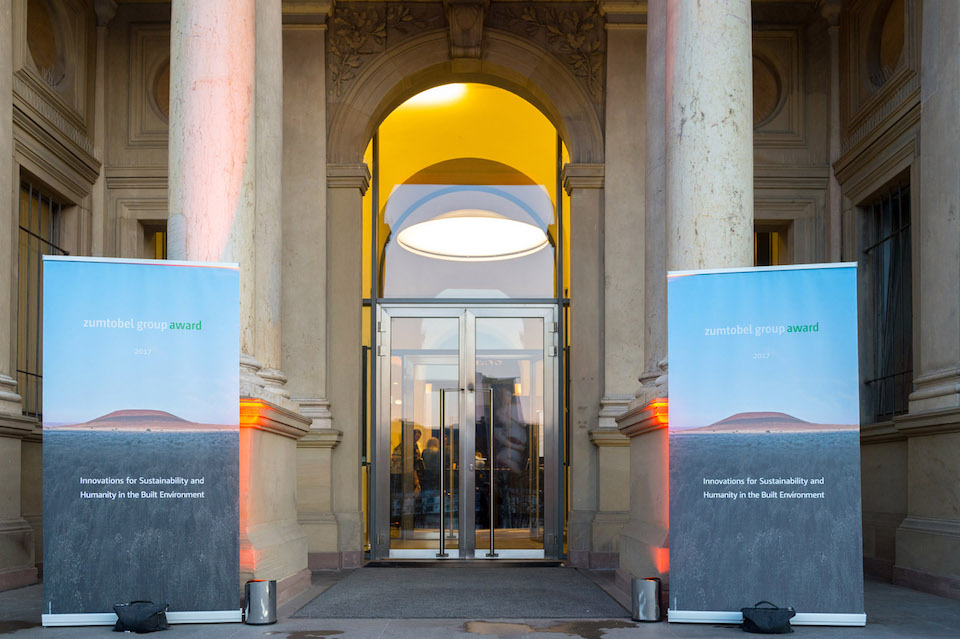
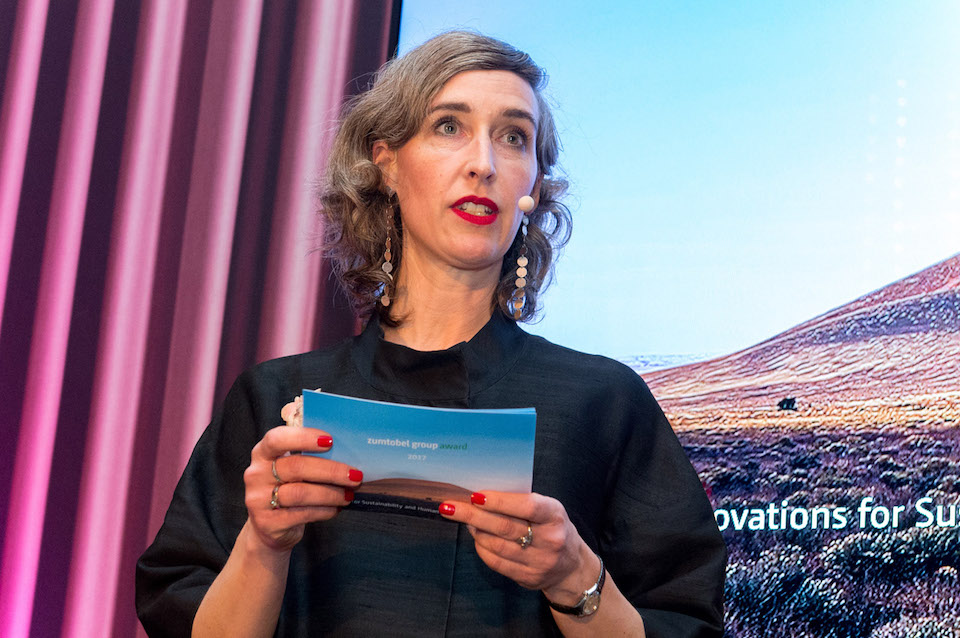



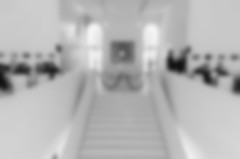
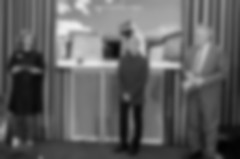
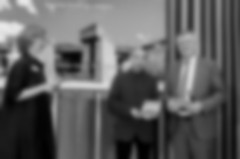
















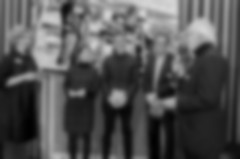


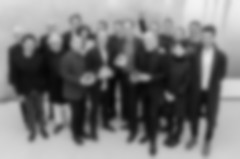




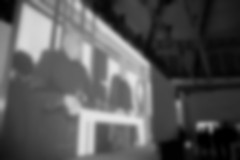



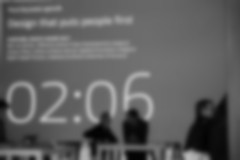









Zumtobel Group Award 2107
at Light+Building and Gala evening at Staedel Museum in Frankfurt
I had the honor to moderate two panels at the fair, as well as a Gala diner at the Staedel Museum in the evening.
all pictures by Zumtobel
The “Zumtobel Group Award – Innovations for Sustainability and Humanity in the Built Environment” is an architectural award that acts as a stimulus for new developments and concepts in the built environment that help meet current and future demands for improved urban living conditions and energy needs.
For many years the Zumtobel Group with its three internationally established brands Thorn, Tridonic and Zumtobel has made sustainability and energy efficiency key objectives in the production, function and application of its products. Aware that significant, innovative solutions in architecture and urban planning can help cut global energy consumption and boost the general quality of life, the Zumtobel Group decided to initiate the biennial “Zumtobel Group Award - Innovations for Sustainability and Humanity in the Built Environment”.
The Zumtobel Group Award was first presented in 2007. Since then, a total of nine projects have been awarded first place, while 36 projects have earned nominations. Today it ranks among the most respected awards in the world of architecture.
Award in the Buildings category
First prize in the Buildings category goes to Michael Maltzan Architecture, USA for the Star Apartments project in Los Angeles in which an existing single-floor commercial building was converted into a 95,000 square foot supportive housing facility within Los Angeles’ downtown core. Expanded to six storeys, the building provides 102 homes and support services for previously homeless individuals. “Star Apartments has set a new standard for architecture within the field of social housing, social and environmental sustainability, as well as community and bottom-up processes,” wrote the jury in its statement.
Award in the Urban Developments & Initiatives category
In the Urban Developments and Initiatives category, the award goes to UNStudio, Ben van Berkel and Caroline Bos, in the Netherlands for their master plan for Arnhem Central Station as a new mass transit and mainline rail hub designed for mixed use and to integrate public space. “The impressive and unbending determination of Ben van Berkel and UNStudio to see Arnhem Central Station through a series of significant challenges all the way to completion is exemplary. The project demonstrates the necessity of continuous involvement and engagement for sustainable solutions,” stated the jury.
Award in the Applied Innovations category
First prize in the Applied Innovations category is awarded to Italian architect Arturo Vittori. Vittori impressed the jury with his Warka Water project which provides an alternative water source in the Dorso / Omo Valley region of Ethiopia. The project offers a potential solution to inadequate access to clean and secure water resources in rural regions of Africa. “The strong innovative aspect of the Warka Water project lies in its independent use of archaic knowledge combined with deep understanding of needs and context. To achieve simple and functional solutions for comprehensive problems takes time and intense research,” the jury said.
Special award for Young Professionals
In what is the first edition of this special award for Young Professionals, the winner is Atelier TeamMinus for their Jianamani Visitor Center in Yushu, China. This modern visitor centre in Yushu engages closely with its historical Tibetan context by forging explicit links with the ancient local site intrinsic to Tibetan Buddhism. “The Jianamani Visitor Center awakes hope for the future of architecture, defending the position that experimentation is not contradictory to contextual solutions,” stated the jury.